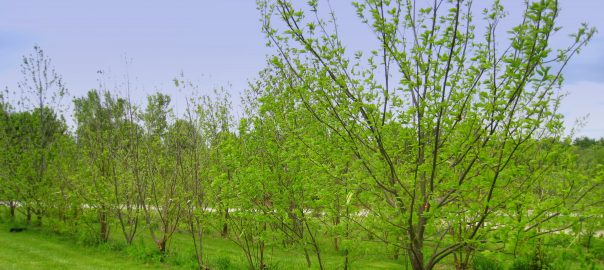Modern day sawmill machine centres collect vast amounts of information about logs, lumber, breakdown solutions, downtime, productivity and more. However, more technology has not made life any simpler for mill managers. In fact, it has become more difficult to keep track of whether the technologies are being utilized properly or not, especially as machines are now much too fast for visual inspection.
Current machine-level optimisers are applied to machine centres but they lack a coordinating “command centre” that ensures they are working in unison to maximize sawmill production. Opportunities exist to utilize this information to identify problems and to improve production and value recovery in real-time.
A current project from the Canadian research organisation, FPInnovations set out to develop real-time production planning tools for sawmills to evaluate the current state of production and to identify and rectify production issues quickly. Two software tools have been developed to date: a real-time target volume monitoring tool, and a real-time historic production tracking tool. Further details can be found from FPInnovations.
A range of other new tools that can be used by local sawmills to improve machine centre productivity will be outlined to New Zealand and Australian companies as part of the WoodTECH 2015 – Sawing, Scanning and Mill Optimization series being run in September.
WoodTECH 2015 runs in Melbourne, Australia on 16-17 September and again in Rotorua, New Zealand on 22-23 September. Remember, in order to get as many of your production and operational staff through to the programme, a special limited “2 for 1” registration deal has been set up which finishes next Friday, Friday 24 July. The full programme for each venue can be found on the event website, www.woodtech.events


